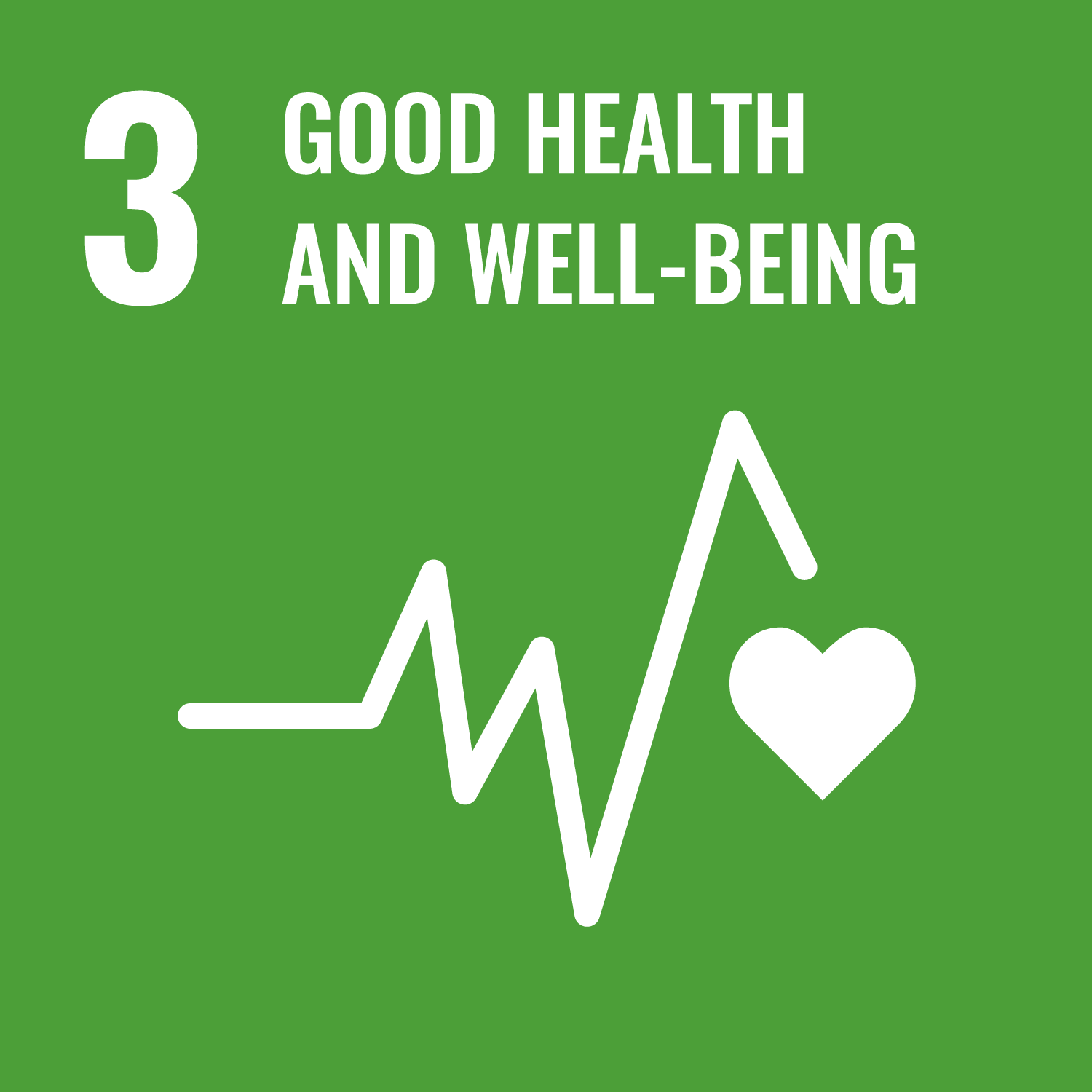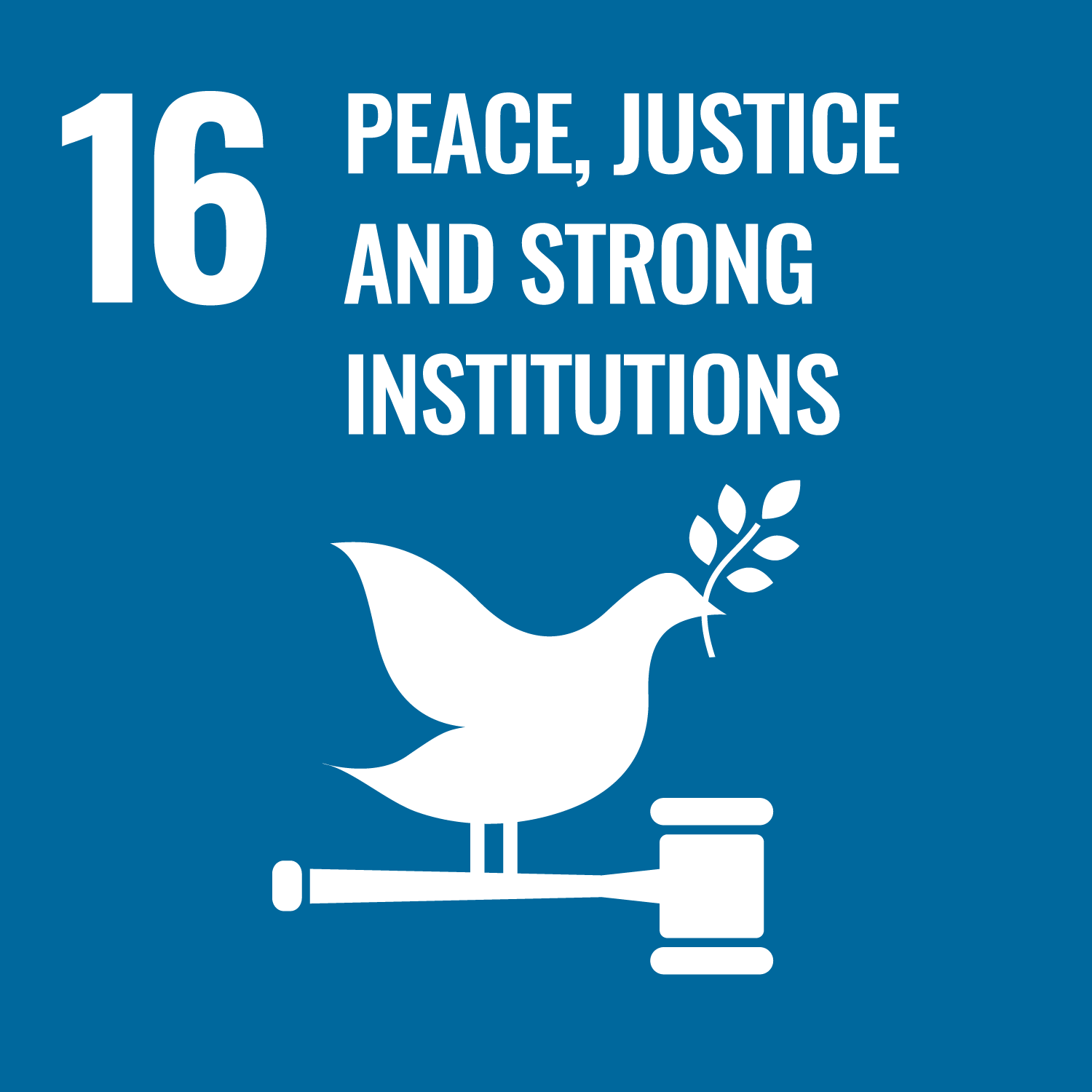This report presents the findings of a research project investigating the contexts in which LGBTQ activists (and the LGBTQ community) live and work in the Middle East and North Africa. The report opens with an executive summary highlighting the legalised discrimination against LGBTQ people in the majority of countries in the MENA region. The report focuses on Jordan, Lebanon, Morocco and Tunisia and are based on 40 interviews with LGBTQ activists; members of feminist and human rights organisations; gender experts; and legal and medical professionals.
An introduction and overview of the methodology follows, detailing stakeholder engagement and case study selection. The following section provides a country-by-country overview. The social and legal context is presented and relevant legislation is cited. These summaries highlight the discrimination faced by different members of the LGBTQ community. For instance, the lack of arrests of LBQ women in Jordan is considered to be indicative of the lack of mobility women face across the region.
Social attitudes, violence and discrimination are also discussed in each section. The status of activists and activism more broadly is considered, highlighting key organisations and events. Key areas of progress for LGBTQ rights follows, pointing to new legislation and shifting attitudes in some cases. Each country summary closes with a summary of the on-going challenges for LGBTQ rights and inclusion.
This report draws attention to the role of activists and networks in the LGBTQ movement in these four countries.








